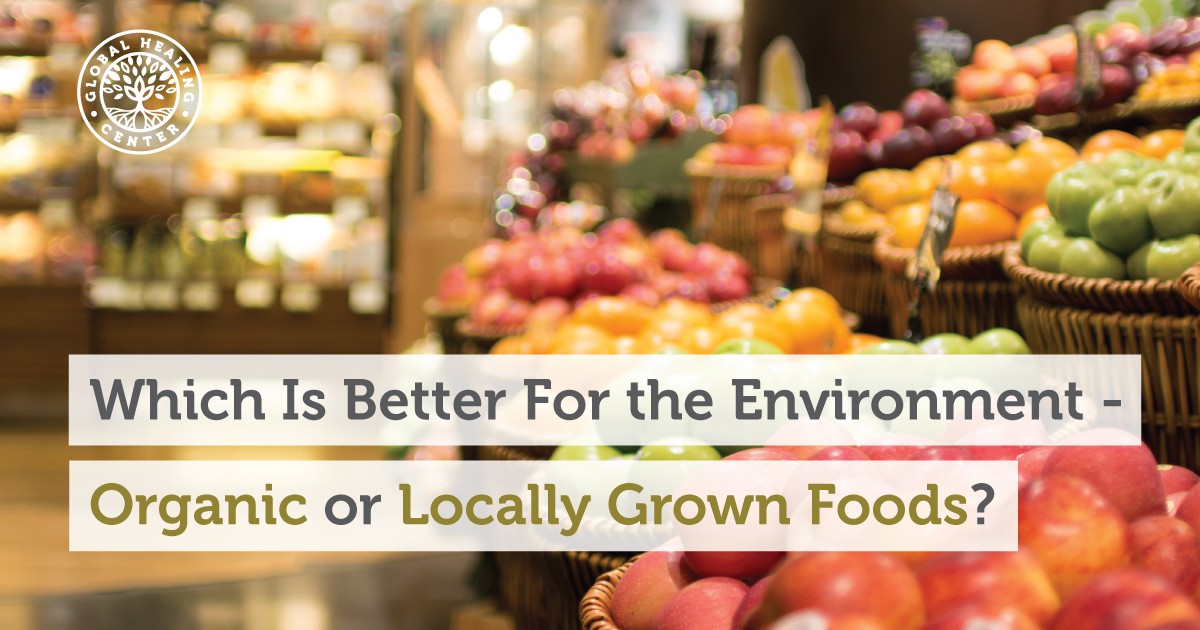
Organic food benefits the environment in many ways. It can help conserve water, reduce pollution and enhance biodiversity.
However, organic farming is not without its challenges. For one, it requires more land to produce the same amount of food as conventional farming.
Soil Health
Healthy soil is teeming with bacteria, fungi, algae, protozoa, and nematodes, which provide natural antibiotics to keep plants healthy and strong. These organisms also help plants to absorb water and nutrients as they grow.
As the demand for food increases, it’s more important than ever to manage the soil so that it can serve its vital role as a biological ecosystem. Managing the soil in this way improves water conservation, increases crop production, and helps wildlife and pollinator habitat.
The diversity and abundance of soil life is one of the most fundamental and important attributes of soil health, since soil health depends on the interactions between living and dead organisms. It’s also critical to understand that the soil food web is incredibly complex, with different classes of organisms in the food chain at each of the five trophic levels (Scheu, 2002).
Soil biodiversity is the key to delivering many of the ecosystem services that soils provide, such as providing support for plant and animal life and habitat, nutrient cycling, water conservation and pollution prevention. While soil biodiversity is still underappreciated in R&D, it is an integral part of sustainable agroecosystems that can help to support human health and the environment.
Water Conservation
Water conservation helps to preserve water sources and prevent water pollution by reducing unnecessary water usage and waste. This is done by avoiding water-wasting practices like dripping faucets or taking longer showers, and by ensuring that we use only the amount of water we need to keep our homes and businesses functioning properly.
Regenerative organic farmers, like Apricot Lane Farms, use a combination of techniques to conserve water on their farms. This includes adjusting crop management to avoid over-watering and using mulches and other methods to retain moisture near the roots of crops.
Regenerative organic farming also increases soil health, preventing erosion and improving soil quality through increased microbial activity. This means that the soil will better resist drought. In addition, regenerative organic farming decreases the use of harmful chemicals, such as pesticides and commercial fertilizers. This reduces the damage that agricultural chemicals cause to water supplies and habitats.
Pollution Reduction
Organic food production does not use synthetic pesticides, herbicides, fertilizers or genetically modified organisms (GMOs) that are known to have harmful effects on the environment. The lack of these pollutants can benefit the environment in several ways.
The most obvious is that they reduce the run-off of nitrogen, phosphorus and other chemicals into waterways, soil, and air from farms. This can help to reduce acid rain and greenhouse gas emissions.
It also helps to decrease the amount of methane gas that is released when waste is decomposed in landfills. Methane is a potent greenhouse gas and can contribute to global climate change.
Another way to reduce pollution is by passing laws that limit the amount and types of pollutants factories and agribusinesses can use. In some cases, these laws can be a cost-effective way to help lower environmental damage.
Biodiversity
Throughout the world, biodiversity is vital to ecosystem health and functioning. It provides many essential ecosystem services such as clean water, fertile soils and oceans that contribute to human wellbeing.
Biodiversity also plays an important role in human nutrition by providing access to a variety of foods that contain the necessary micronutrients. This is especially true for children.
However, biodiversity loss due to anthropogenic causes such as land use change, pollution, chemical and waste contamination, climate change and other ecosystem degradation can pose significant threats to health. The loss of biodiversity may reduce our ability to discover and develop medicines for disease prevention and treatment.
The biodiversity of an area is largely defined by the species that are indigenous to that location. Species that are rare and found only in specific areas are referred to as endemic. These species are threatened by habitat loss and extinction because of their specialized needs for local conditions.
Frequently Asked Questions
What are organic products for beauty?
Organic Beauty Products don't contain synthetic chemicals such as parabens. These ingredients are commonly found in conventional beauty products like cosmetics, shampoos, and perfumes.
Organic beauty products do not require animal testing and are free of genetically modified organisms (GMO).
The USDA defines organic as "a system that fosters the cycling of resources." It has been used for many decades to describe food products grown without pesticides.
There has been a rise in demand for ecofriendly beauty products over the years due to the negative effects of chemical chemicals on our skin.
These include cancer, allergies and skin irritation.
Organic beauty companies work to create safe and healthy products for their customers while also protecting the environment.
Are organic foods healthier?
The Environmental Working Group's most recent report on pesticide residues found in food shows that organic fruits and veggies had almost half the pesticide content of non-organic. Organic strawberries contained four times more pesticides that their conventional counterparts, and organic apples contained eight percent less.
Another study suggests that organic food can reduce exposure to toxic metals such as lead and mercury. One study found that organic meats had 33 percent less lead in children than the levels of those who did not eat them. A second study found that conventional fish should be avoided by pregnant women due to the high levels of mercury.
Organic food appears to be more safe than non-organic. Experts recommend eating fresh fruits and veggies whenever possible to reduce the chance of developing cancer.
Is organic food good for you?
There are two types. One is those that we grow ourselves, and the other is those that we buy from someone else. While there are exceptions, the general answer is yes to both. Organic food is healthier because it doesn't contain any harmful chemicals, pesticides, herbicides, preservatives, or genetically modified organisms (GMO).
You can find organic food in supermarkets across North America, Europe, Asia, Latin America, and Africa. Most grocery stores now carry organic food, making it easier for consumers to choose organic products.
Organic food is healthier and tastes better because it contains more vitamins, minerals, antioxidants, and other nutrients. Organics are also grown without the use of pesticides or synthetic fertilizers, so they don't pollute our soils and water supplies.
The USDA regulates organic agriculture practices. This means that farmers must adhere to strict guidelines to make sure organic produce is safe to consume. There are currently more than 30,000,000 acres of US farmland which have been designated organic.
Organic food is often cheaper than traditional food. For the same amount, consumers pay less. Organic farms can charge lower prices for their crops since they aren't required to pay for expensive chemical inputs such as insecticides or fungicides.
According to Environmental Working Group, organic food can be 10 percent cheaper per pound when compared to conventionally produced food. Organic food is an option if you want to improve your health and the health of your family.
Organic food is becoming a popular option to the standard American diet. It is often believed that organic food is exclusive to specialty markets and gourmet restaurants. Organic food can easily be found in any regular grocery store across the United States.
In recent years organic food sales increased substantially. Organic food market value in the US increased from $21 billion to $43 billion in 2007 to reach $43 billion in 2012.
What are organic fruits?
Organic foods do not use pesticides, artificial fertilizers, hormones or antibiotics. They contain more nutrients such vitamins A, C. E, and, in some cases, omega-3 oils. Organic food is better for the earth and our bodies because of these healthy ingredients.
Organic foods are grown using sustainable farming practices that preserve soil quality and encourage biological diversity. They are free from harmful chemicals, radiation, and sewage sludge.
Many organic products are not associated with produce. They include dairy and meat, poultry, eggs baked goods, pet food, household cleaning supplies, and personal care products.
"Organic" is defined by the USDA as crops that have been grown following strict guidelines set forth in federal government standards. These foods cannot be grown by farmers using conventional methods. However, they may use approved natural pest control methods, such as crop rotation and cover cropping, and animal feed made from organic materials.
A farmer must also adhere to guidelines about how much fertilizer or pesticide he applies during the growing season. Also, he must rotate his fields between different crops. Farmers cannot use genetically modified organisms (GMOs), artificial growth hormones, synthetic insecticides, or synthetic fertilizers.
All the above requirements are met by vegetables and fruits that are labeled "100% Organic". Some farms don't label their products 100% organic, as it could confuse consumers. Instead, they will call their product "made using organic ingredients." "
What's the difference?
Organic food does not contain pesticides, chemical fertilisers, sewage waste, irradiation, genetic modification. Organic farming practices promote soil health, water quality and animal welfare.
Inorganic foods are grown with pesticides, chemical fertilizers, and sewage sludge. Radiated foods can be treated with radiation. Genetically modified organisms (GMOs) are created by biological engineering techniques.
"Organic" and "natural" are often interchangeable. Natural does not necessarily have to mean organic. Some products labeled "natural" may also contain synthetic ingredients.
Organic produce is more nutritious than traditional produce due to the fact that it contains less harmful chemicals and pesticides. Organic farmers are free from artificial fertilizers and pesticides.
Statistics
- Once certified by the USDA, it can fall into one of four categories: "100 percent organic", "organic," "made with organic ingredients," or "made with less than 70 percent organic ingredients. (en.wikipedia.org)
- According to a study performed by consumerreports.org, organic products, compared to non-organic products, ranged anywhere from 13 percent cheaper to 303 percent more expensive. (en.wikipedia.org)
- Nutrients like omega-3 fatty acids were up to 50 percent higher in organic meats and milk than in conventionally raised products.[3] (en.wikipedia.org)
- Brands participating in this challenge are committed to using 100 percent sustainable cotton by 2025.[5] (en.wikipedia.org)
External Links
ams.usda.gov
ecfr.gov
ncbi.nlm.nih.gov
- PubMed Assessment of the micronutrient compositions of plant foods from conventional and organic agriculture methods.
- Comparison of the total ascorbic and phenolic acid contents of air-dried and freeze-dried marionberry, strawberry and corn grown using conventional, organic and sustainable agricultural practices – PubMed
ota.com
How To
Organic foods: Are organic foods healthier?
Organic food is produced without chemical pesticides or synthetic fertilizers. They are grown in natural conditions and without the use of any artificial inputs like fungicides or herbicides. Organic farming methods include crop rotation, cover, composting animal manure and recycling wastewater.
In 2002, USDA National Organic Programs (NOP) were established to regulate the production and handling of organic products that are sold in the United States. NOP regulations ensure organic agricultural products conform to the Federal Food, Drug, and Cosmetic Act. Furthermore, the NOP rules require organic products to be free of banned substances such as pesticides residues and growth hormones.
The United States offers two certification programs for producers that want their products to be certified organic: one for farmers, ranchers and the other for manufacturers. Both programs require an annual audit of the operations in order to confirm compliance with stringent standards. This service is offered by several certifying agents, such as the CCOF Certified Organic Farmers & Ranchers or Quality Assurance International. These three organizations provide third party verification of farms following strict guidelines on environmental stewardship. labour practices, and animal care.
According to USDA's Economic Research Service (ERS), organic agriculture accounted in 2013 for $4.7 Billion in sales. The retail spending on organic products accounted for nearly $1.5 billion in 2013, a 23 percent increase over 2009. This period saw a 12 percent increase in grocery store sales. Direct purchases of organic produce saw a 29 percent increase in spending, while seafood, meat, poultry and eggs experienced a 1 percent growth.
While organic food may be more expensive, consumers think its superior quality justifies the higher price. Consumer Reports conducted a 2015 survey and found that 88% would pay more if organic food had better nutritional value. Health Affairs also reported that organic food intake is associated with fewer health problems, such as obesity, diabetes and heart disease.
Although there is no evidence eating organic foods prevents or treats any diseases, some studies suggest that consuming them might improve overall health by reducing exposure to specific contaminants and pesticides. In 2010, a review that included 31 studies concluded that organically-raised beef had lower levels of parasites and toxic chemicals than conventionally reared beef. A separate analysis of 11 publications from 2012 produced similar results.
The Environmental Working Group produced a 2014 report that compared organic and non-organic chickens, pork, beef and lamb. The group also observed that E.coliO157 is a less prevalent cause of illness in humans among children than adults. This was because the USDA has imposed stricter organic standards on animals raised for human consumption.
Resources:
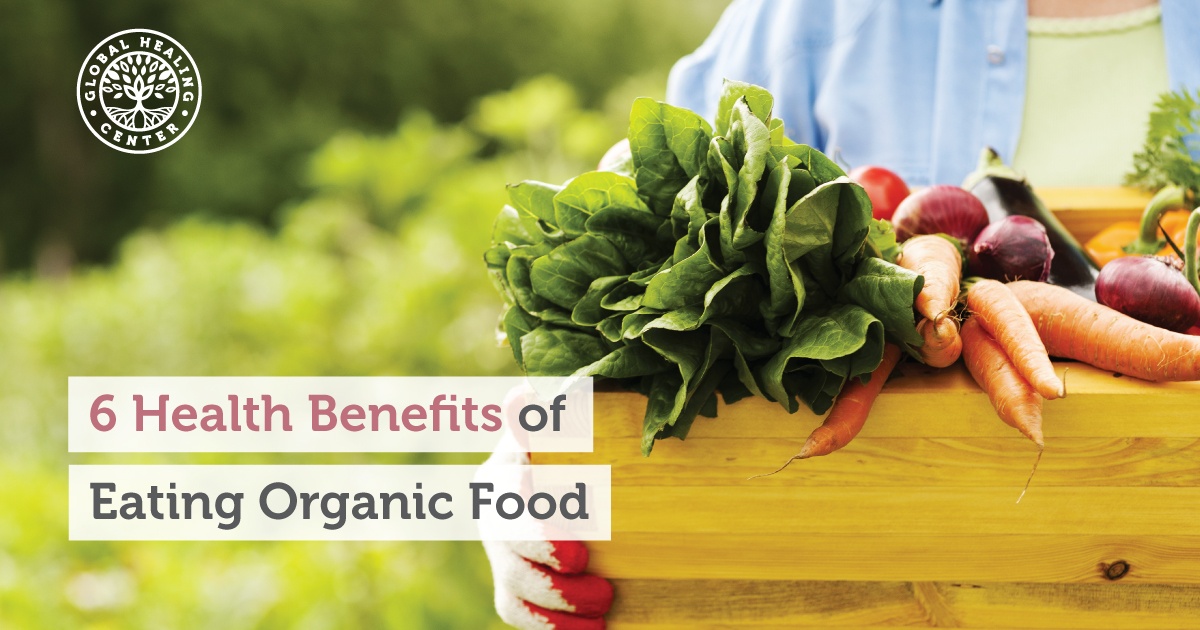 |
Nuts and SeedsNuts and seeds are nutrient-rich crunchy tidbits that add a protein, fiber and healthy fat punch to meals and snacks. They’re also a great source of.. |
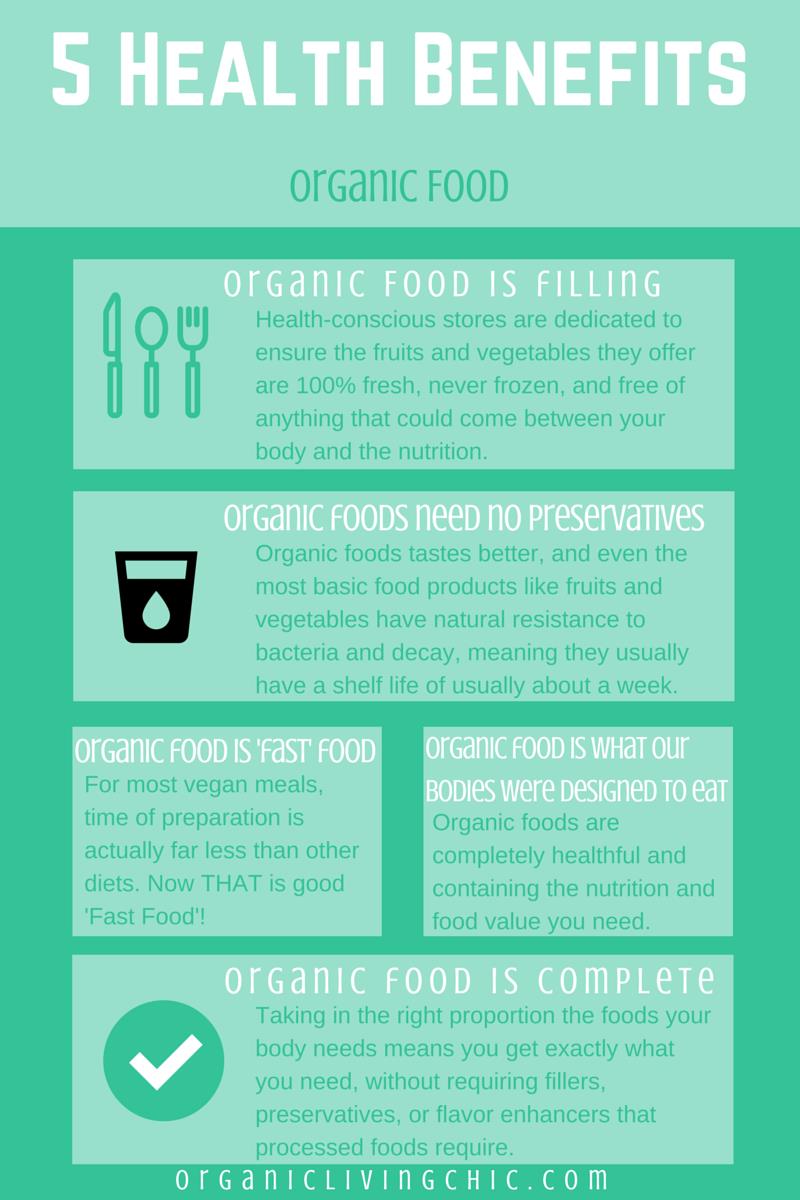 |
Organic Food For A Six Pack? The TRUTH About Organic vs Conventional Foods!Get ripped and keep your strength: http://goo.gl/uLzHn6 Hey guys, it's Clark over at Six Pack Shortcuts and today we're gonna talk about organic vs |
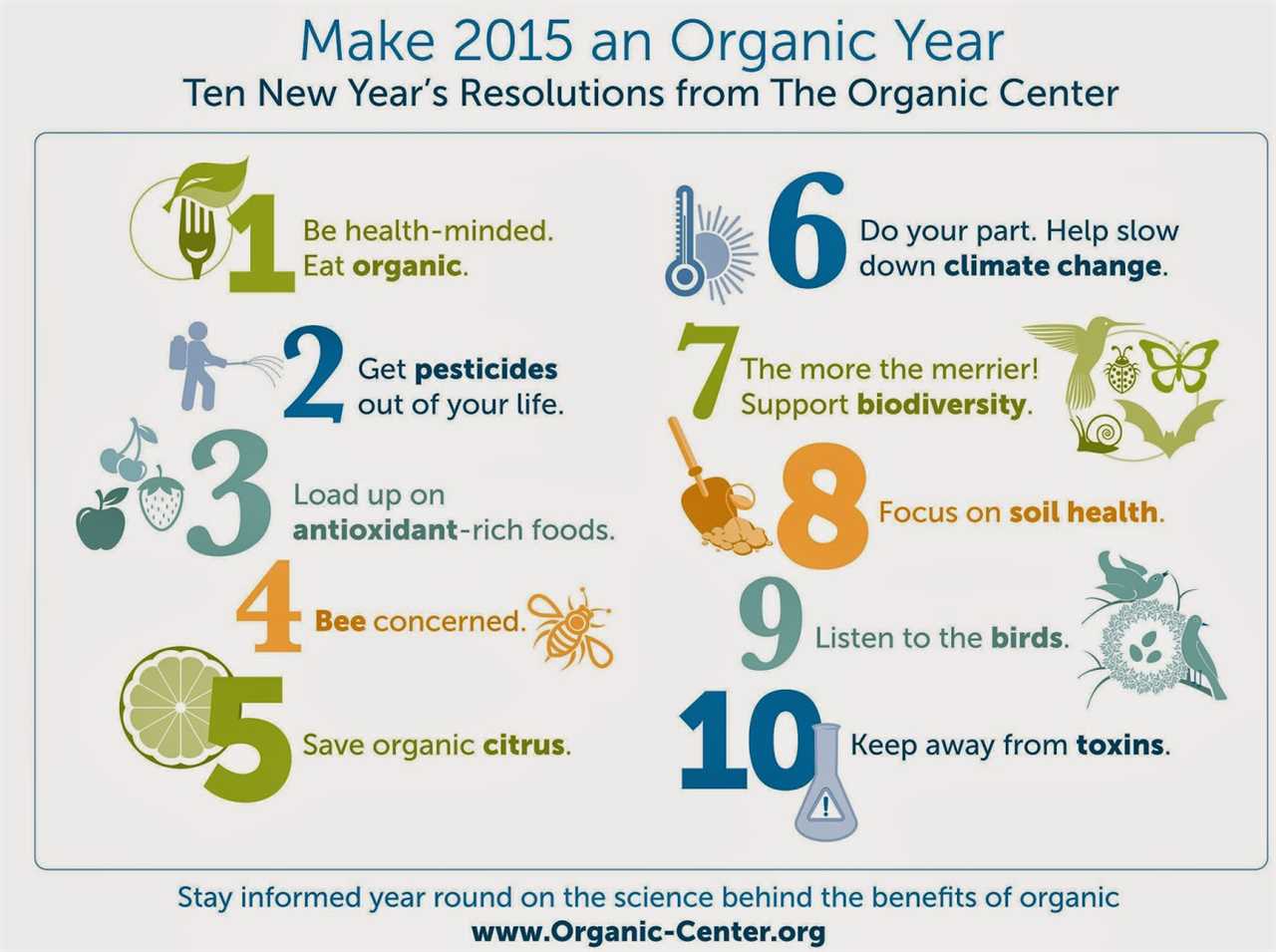 |
Organic vs Conventional Produce - The Dirty Dozen & Clean 15 ExplainedClick https://skl.sh/flavcitywithbobbyparrish to get 2 months of Skillshare for FREE! Here is a full review of the dirty dozen fruits and vegetables and |
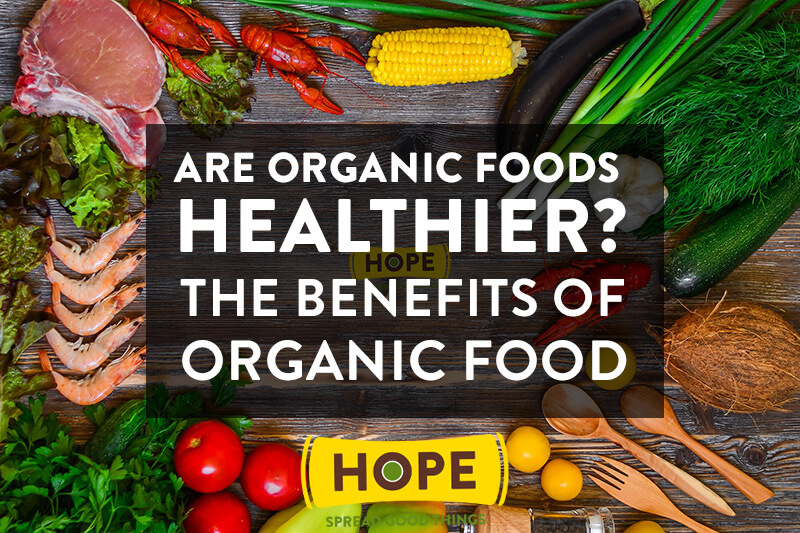 |
Are Organic Foods Really Healthier?It's widely believed that organic foods are more nutritious and safer than non-organic foods, even though the evidence is far from clear. Food certified as |
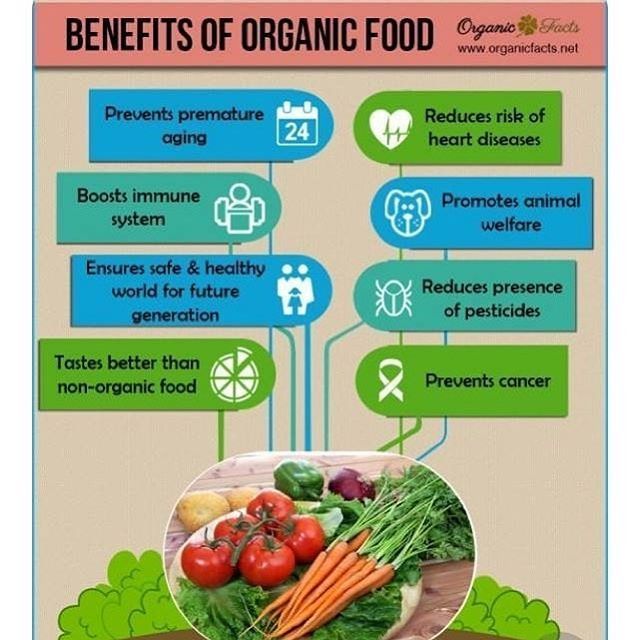 |
Are GMOs Good or Bad? Genetic Engineering & Our FoodAre GMOs bad for your health? Or is this fear unfounded? OUR CHANNELS German Channel: https://kgs.link/youtubeDE Spanish Channel: |
 |
How the food you eat affects your brain - Mia NacamulliView full lesson: http://ed.ted.com/lessons/how-the-food-you-eat-affects-your-brain-mia-nacamulli When it comes to what you bite, che […] |
 |
Is Buying Organic Food Worth The Cost?Subscribe to Goodful: https://bzfd.it/2QApoPk Goodful Goodful Feel better, be better, and do better. Subscribe to Goodful for all your healthy self care |
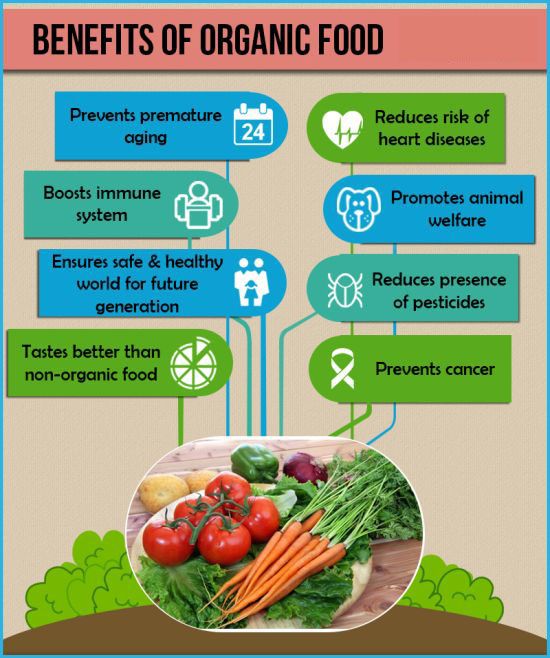 |
Benefits of Choosing Organic Gluten-Free OptionsIf you’ve been diagnosed with gluten sensitivity or celiac disease, you know how hard it can be to avoid foods containing wheat and other grains. But |
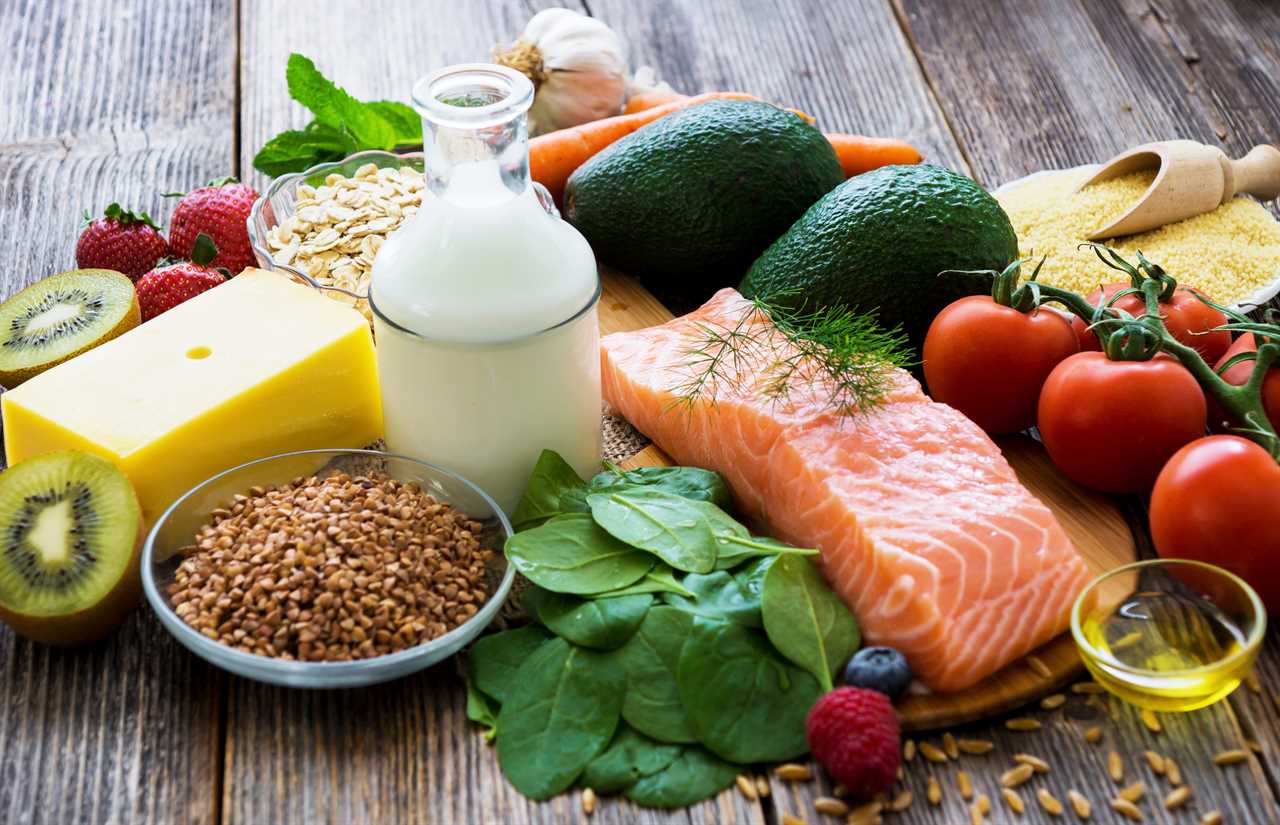 |
Joseph Wang LIVE (Bank Bailouts and Moral Hazards Deep Dive)buy my stuff Come to rebel capitalist live at https://rebelcapitalistlive.com Check out my private, online investment community (Rebel Capitalist Pro) |
 |
Organic Farming and Soil HealthOrganic farming practices promote soil health through crop rotations, symbiotic associations, cover crops and minimum tillage. These management.. |
 |
Research Reveals How Your Body Reacts When You Eat Only Organic FoodsThere is a growing belief that organic foods are healthier for us than non-organic foods. This ever-increasing belief is responsible for significant growth in |
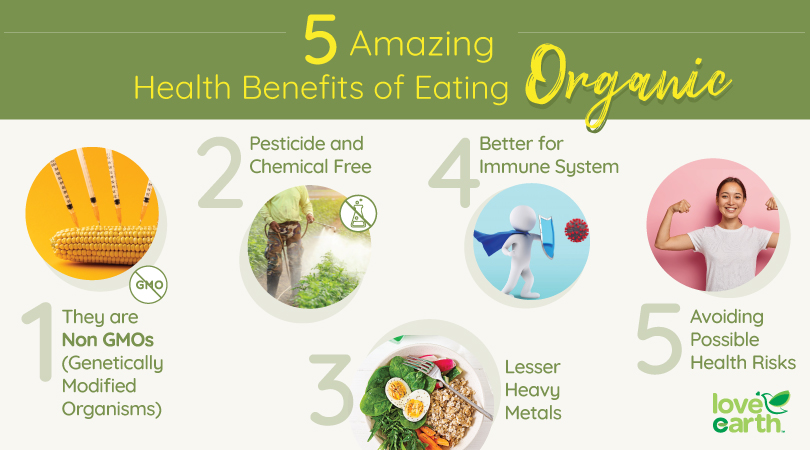 |
Stop Wasting Money on These ORGANIC Veggies (you don’t need to buy them organic)Click Here to Subscribe: http://Bit.ly/ThomasVid Get MY Recommendation on Groceries Delivered to Your Doorstep with Thrive Market: http: […] |
 |
If You Eat an Avocado a Day For a Month, Here''s What Will Happen to YouWhat Will Happen to Your Body If You Eat Avocado Every Day. The avocado is a unique fruit with multiple nutritional and health benefits. How would your body |
 |
Korean GardeningKorean gardening is one of the oldest ways to grow plants. It involves planting herbs, fruits, and vegetables that are used in kimchi, a type of.. |
 |
The Rodale InstituteThe Rodale Institute is a nonprofit organization that aims to support research into organic farming. It was founded in 1947 by J. I. Rodale, an.. |
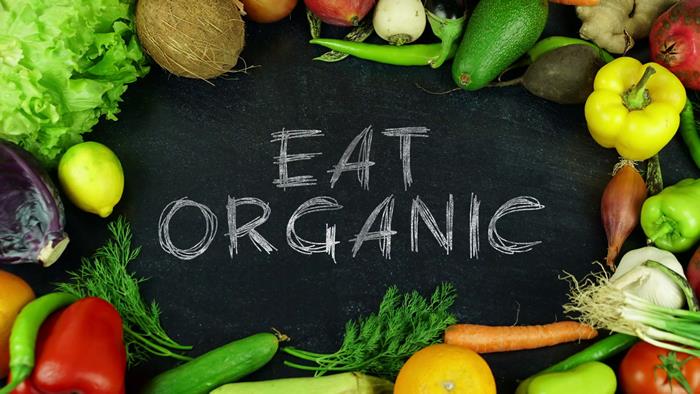 |
Organic eatingOrganic Cultur |
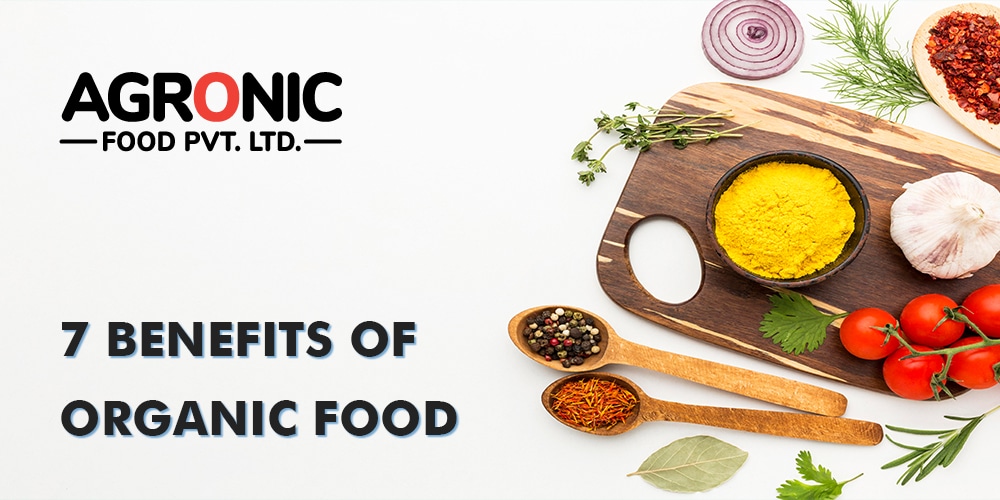 |
What is a Conventional Farm?Conventional farm is the term used to describe a farm that is not organic. It is a form of agriculture that is associated with better soil quality,.. |
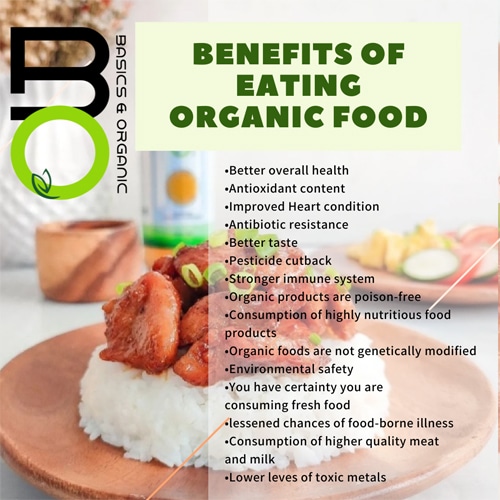 |
Chhattisgarh's Organic Farming SchoolsThe government of Chhattisgarh has started to introduce organic farming schools. This initiative is intended to provide the young generation with the |
 |
Can Organic Be GMO?The question Can organic be GMO is an ongoing debate among many consumers. While it's possible to eat foods that have been produced using genetic.. |
 |
When Did Organic Food Start?The answer to the question when did organic food start? will vary depending on the time period in which you are looking at. For instance, it may be a |
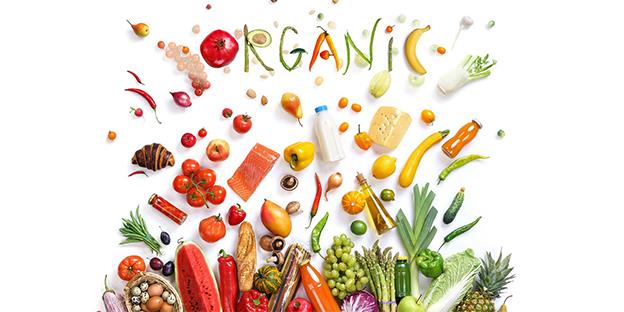 |
Organic Farming PrinciplesOrganic farming is a practice that is designed to be sustainable and healthy. Its principles include avoiding harms produced by industrial farming.. |
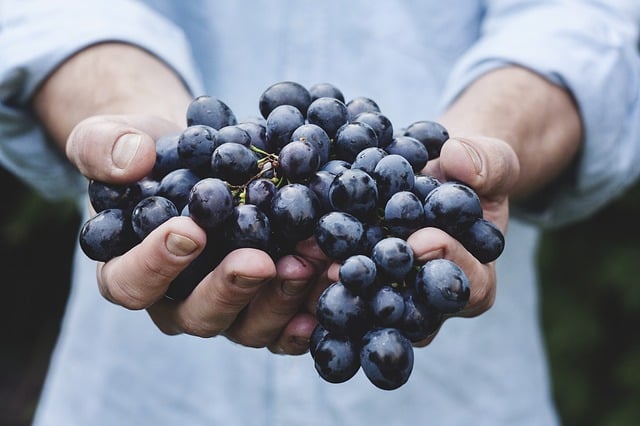 |
Soil Composition and BiodiversityThe soil that we have around us is a vital part of our lives. It is the home for many plants and animals. It also has a texture, a color, and many.. |
 |
The Benefits and Pitfalls of Organic Farming OrganizationsOrganic farming is an approach to farming that is not only ecologically sound, but also financially feasible. It is a method that is free from.. |
 |
Exotic VegetablesWhen it comes to vegetables, there are plenty of choices to choose from. Some of the most popular choices include broccoli, corn, carrots, and.. |
 |
Learn How to Become an Organic Farmer Through a Training ProgramIf you are looking to become an organic farmer, there are several ways you can do so. One option is to take a training program that will teach you.. |
 |
Benefits of Cover CropsIf you aren't familiar with cover crops, you may be surprised to learn that they are plants that are planted to grow on top of the soil to help.. |
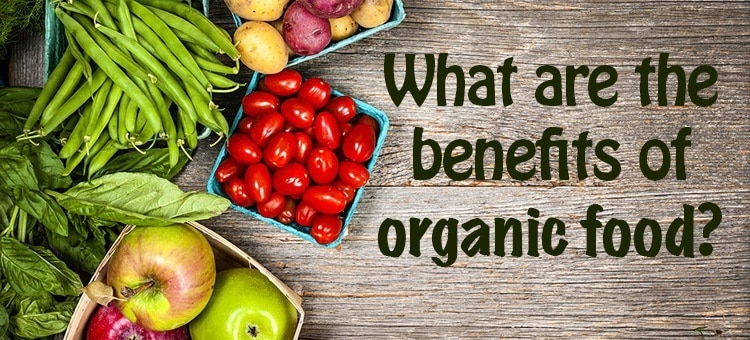 |
What is Organic Cotton?Organic cotton is the type of cotton that is grown without using pesticides or chemicals. It is also the type of cotton that is grown in subtropical.. |
 |
Is Organic Farming Beneficial to Biodiversity?Organic farming is a growing interest in the scientific community, and researchers have been investigating whether the practice is beneficial to.. |
 |
The Benefits of CompostingComposting your waste can be a very effective way of ensuring that your organic material is being broken down to the best of its ability. When.. |
 |
The Difference Between Organic Milk and Regular MilkOrganic milk is a type of milk that comes from livestock that is raised according to organic farming methods. This is a term that is regulated by.. |
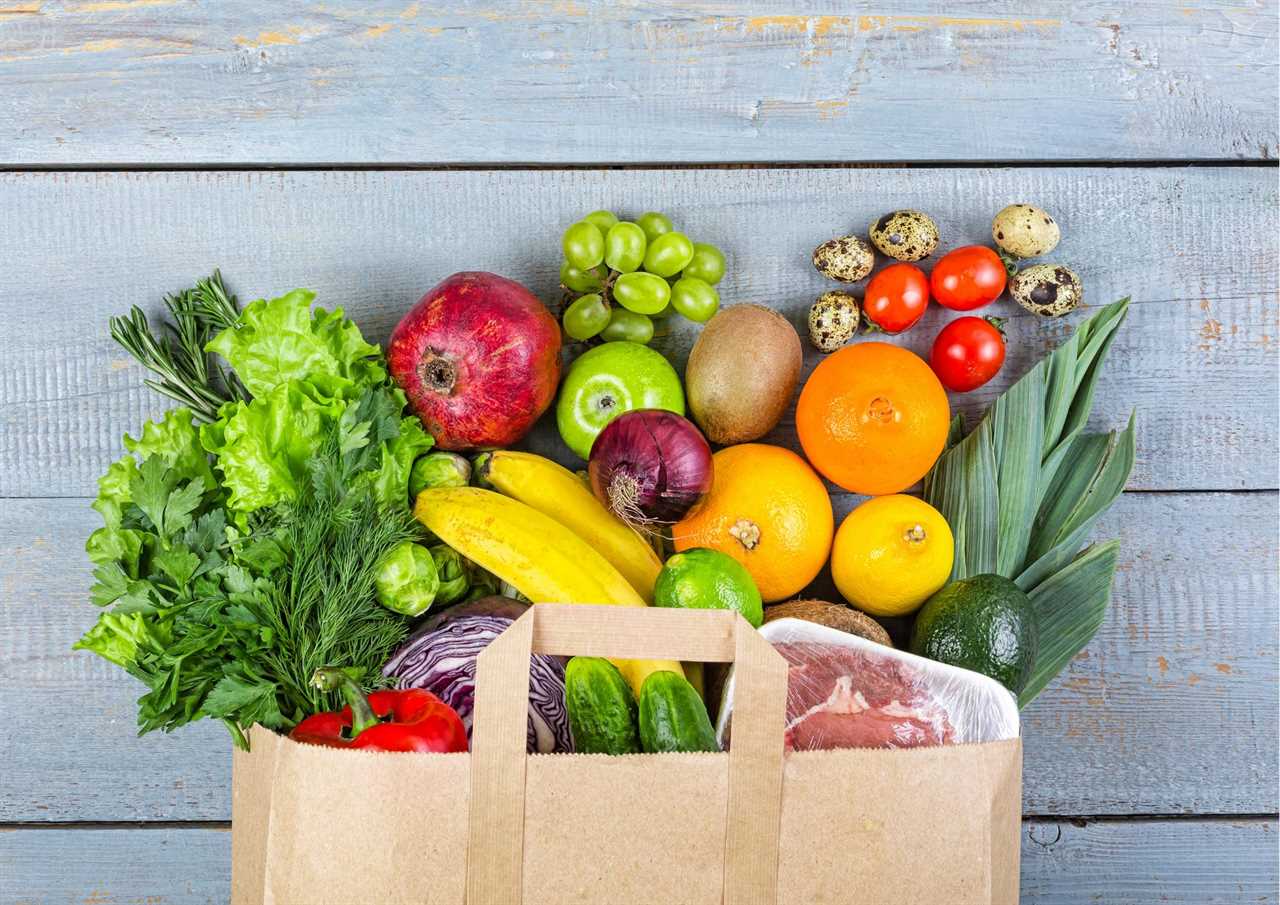 |
Organic Farming MagazineOrganic farming magazine is a resource that provides you with the latest information on organic agriculture, health, and sustainability. It also.. |
 |
The Latest Research on Organic | The Organic CenterResearched articles about eating Organic food |
.png)





